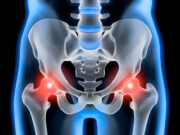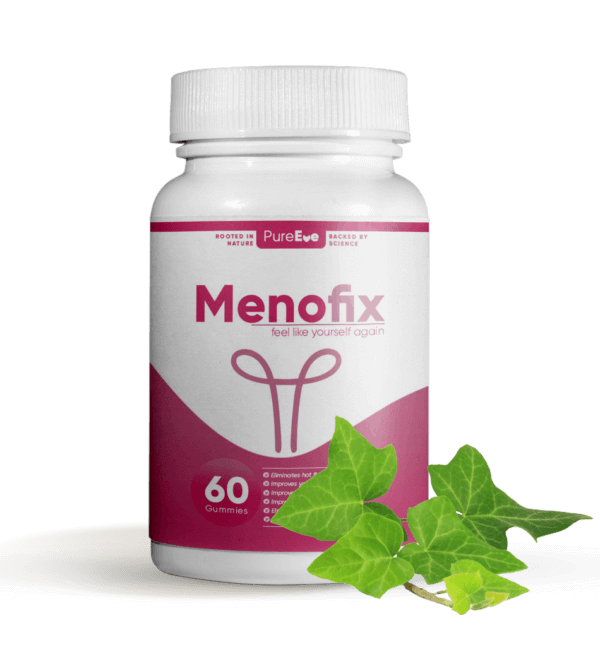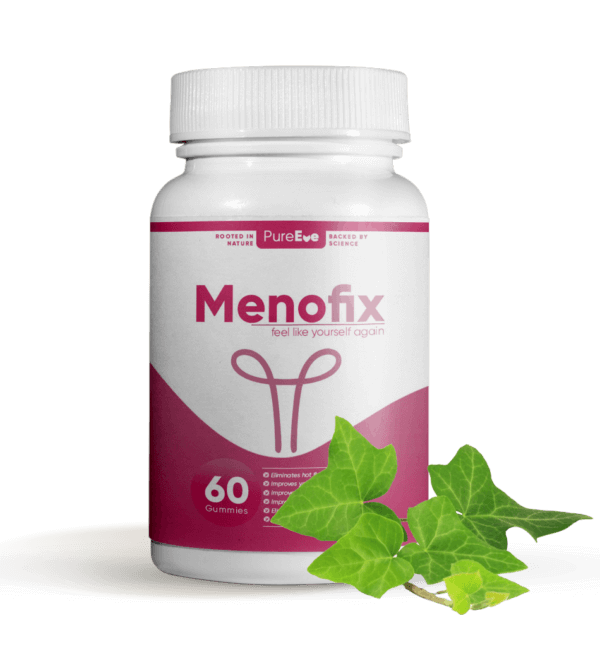Waking up in the middle of the night with your heart racing can be frightening; especially when it happens repeatedly. For most women going through menopause, heart palpitations at night are an unexpected and uncomfortable symptom.
But are they dangerous? Or are they just another side effect of hormonal changes? Let’s explore what causes them, when to worry, and how to manage them naturally.
What Are Heart Palpitations?
Heart palpitations are sensations that make you suddenly aware of your heartbeat. You might feel your heart fluttering, pounding, skipping beats, or racing even when you’re at rest or trying to sleep.
During menopause, some women experience these palpitations more often at night due to hormonal imbalances, increased anxiety, or night sweats.
Causes of Heart Palpitations During Menopause
Hormonal changes are the primary cause, but several other factors can trigger or worsen palpitations during menopause:
1. Declining Estrogen Levels:- Estrogen influences the autonomic nervous system that controls your heartbeat. A drop in estrogen can make your heart more sensitive to adrenaline, causing irregular beats.
2. Stress and Anxiety:- Emotional stress releases adrenaline, which can trigger a racing heart.
3. Hot Flashes and Night Sweats:- The body’s sudden temperature shifts can temporarily increase heart rate.
4. Caffeine, Alcohol, and Smoking:- These stimulants increase your heart’s workload.
5. Poor Sleep or Dehydration:- Common in menopause and both can strain your heart.
6. Underlying Health Conditions:- Thyroid imbalance, anemia, or high blood pressure may worsen palpitations.
Symptoms of Menopausal Heart Palpitations
Heart palpitations may come and go quickly or last for several minutes. Common symptoms include:
- Rapid, fluttering, or pounding heartbeat
- Sensation of skipped beats
- Lightheadedness or dizziness
- Shortness of breath
- Sweating or feeling flushed
- Anxiety or a sense of panic
How to Stop Hormonal Heart Palpitations Naturally
Here are simple, research-based steps to help reduce or even stop hormonal heart palpitations especially at night:
1. Avoid Triggers Before Bed
Cut back on caffeine, alcohol, spicy foods, and large meals in the evening they can all trigger palpitations.
2. Practice Relaxation Techniques
Stress makes palpitations worse. Try:
- Deep breathing (inhale for 4 seconds, exhale for 7)
- Gentle stretching before bed
- Listening to calming music or guided sleep meditations
3. Stay Hydrated
Dehydration, especially after night sweats, can lead to low electrolytes (a common cause of irregular heartbeat).
Keep a glass of water nearby.
4. Check Your Hormone Levels
If palpitations happen often, talk to your doctor about hormone replacement therapy (HRT) or other natural hormonal support. Balancing your hormones can significantly reduce symptoms.
5. Get Regular Exercise
Light activities like walking, swimming, or yoga can strengthen your heart and reduce anxiety.
6. Keep Your Bedroom Cool
Hot flashes and night sweats can raise your heart rate. Use breathable sheets, a fan, or adjust your room temperature to stay comfortable.
What Is the Best Supplement for Heart Palpitations?
When it comes to managing menopause-related palpitations, balancing your electrolytes and nutrients can make a big difference.
However, supplements should support your lifestyle not replace medical evaluation.
1. Magnesium
This mineral helps regulate heartbeat and relax blood vessels.
Low magnesium can make your heart more sensitive to stress and hormonal changes.
Sources: Spinach, almonds, cashews, and pumpkin seeds.
2. Potassium
Essential for stable heart rhythm. A lack of potassium can cause skipped or extra beats.
Sources: Bananas, avocados, sweet potatoes, and beans.
3. Vitamin D
Although not a direct cure, vitamin D supports calcium balance and heart health often low in menopausal women.
4. Omega-3 Fatty Acids
Omega-3s reduce inflammation and support heart function.
Sources: Salmon, mackerel, chia seeds, and flaxseeds.
What Vitamin Deficiency Causes Palpitations?
Certain vitamin or mineral deficiencies can make palpitations worse.
The most common are:
Potassium Deficiency: Affects the electrical impulses that regulate heartbeat.
Vitamin B12 & Folate Deficiency: Leads to anemia, which forces the heart to beat faster.
Magnesium Deficiency: Causes muscle and heart rhythm instability.
Vitamin D Deficiency: Weakens the heart and blood vessels over time.
Tips: Get your blood tested before supplementing. Self-diagnosing can lead to taking the wrong vitamins or overdosing on certain minerals.
What Can Be Mistaken for Heart Palpitations?
Sometimes, what feels like heart palpitations may actually be:
- Anxiety or panic attacks: Emotional stress or worry during menopause can trigger adrenaline surges that feel like heart flutters.
- Acid reflux or indigestion: When stomach acid backs up at night, it can create a burning or thumping sensation near the chest.
- Sleep apnea: Interrupted breathing during sleep can briefly lower oxygen, causing your heart to beat faster.
- Caffeine or alcohol: Both can overstimulate your nervous system and cause temporary irregular heartbeats.
- Thyroid imbalance: Overactive thyroid hormones can mimic heart rhythm changes similar to palpitations.
That’s why it’s important to track your symptoms when they happen, what you were doing, and how long they last. This helps your doctor rule out other conditions.
Are Menopausal Heart Palpitations Dangerous?
In most cases, no they’re harmless.
However, it’s important not to ignore them. If your palpitations are frequent, last longer than a few minutes, or come with symptoms like chest pain, fainting, or severe shortness of breath, consult your healthcare provider immediately. These could be signs of a more serious heart condition.
In some women hormonal heart palpitations are temporary and subside once hormone levels stabilize in postmenopause.
Medical Treatments for Heart Palpitations
If lifestyle changes aren’t enough, your doctor might recommend:
Hormone Replacement Therapy (HRT): Helps stabilize estrogen levels and reduce menopausal symptoms, including palpitations.
Beta-Blockers: Medications that slow down the heart rate.
Anxiety or Sleep Support: If stress or insomnia contribute to symptoms.
Addressing Underlying Issues: Such as thyroid imbalance or anemia.
Always consult a healthcare provider before starting any treatment.
Are Heart Palpitations Linked to Any Particular Stage of Menopause?
Yes — heart palpitations are most common during perimenopause, the stage leading up to menopause.
During perimenopause, estrogen and progesterone levels fluctuate irregularly, affecting how your body regulates blood flow and heart rhythm. Once you reach postmenopause, when hormone levels stabilize, the palpitations often become less frequent or disappear entirely.
When to See a Doctor
Menopausal palpitations are usually harmless but not always.
See a doctor if:
Palpitations last longer than a few minutes
You experience chest pain or tightness
You feel lightheaded or faint
You have high blood pressure, thyroid issues, or diabetes
Your doctor may perform an ECG, blood test, or hormone level test to determine if it’s hormone-related or a heart condition.
Menofix Takeaway
Heart palpitations at night during menopause can be frightening but often temporary. Your body is adjusting to new hormone levels, and your heart is simply responding to those changes.
By managing your stress, keeping your hormones balanced, eating nutrient-rich foods, and using supplements wisely, you can sleep peacefully again — without fear of a racing heartbeat.



















